Why In-Law Relationships Feel Strained After You Have Kids
Why Your Relationship With Your In-Laws Feels Strained After You Have Kids
Share the post
Share this link via
Or copy link

Source: valentinrussanov / Getty
It’s often said that a baby brings families together. While true, we often don’t discuss how the birth of a child can also drive a wedge between new parents and their in-laws. If it feels as though your relationship with your partner’s parents has shifted in some ways since welcoming a child, you’re not imagining things. Here’s why in-law relationships become particularly strained following the birth of a child.
They give unsolicited parenting advice
More often than not, the birth of a new child opens the floodgates of unsolicited advice from everyone — including your partner’s folks. They’ve been there, done that, and now they’re ready to write a book about it. The constant flow of advice you didn’t ask for can get quite annoying and thus cause a small rift between you and the in-laws.

Source: John Fedele / Getty
They feel more comfortable giving their input on personal matters
There’s something about developing a shared interest, such as a child, that makes people just a wee bit more comfortable. Many moms are surprised to find that even the most easygoing in-laws begin to overstep boundaries and insert themselves in matters that don’t concern them.
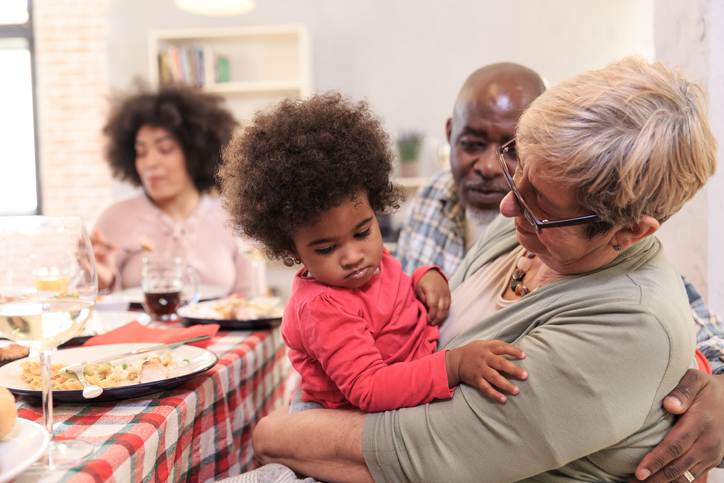
Source: valentinrussanov / Getty
They’re around a lot more often
Love MadameNoire? Get more! Join the MadameNoire Newsletter
We care about your data. See our privacy policy.
In-laws tend to be around a lot more once children enter the equation. Increased interactions offer increased opportunities for conflict to arise.
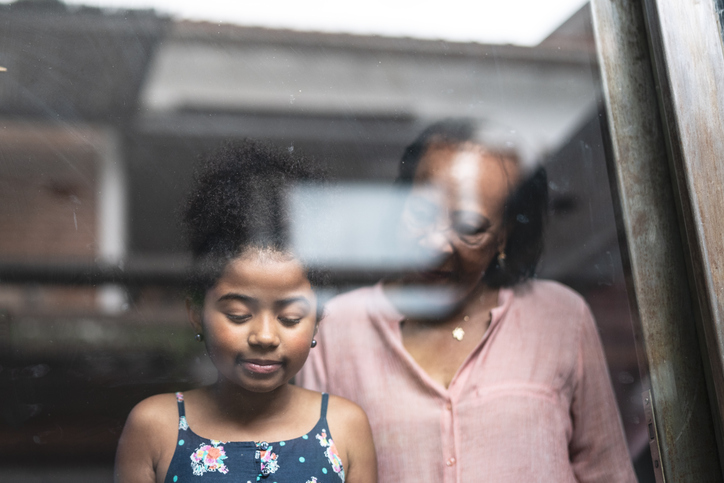
Source: FG Trade / Getty
They may become overbearing
With all of the excitement that comes with new babies, it’s common for some grandparents to unintentionally become overzealous, controlling, and overbearing. Though they mean well, their tendency to do the absolute most becomes a source of frustration and resentment for new parents.

Source: MoMo Productions / Getty
The inevitable comparisons
At some point or another, in-laws will compare your parenting approach to how they parented their kids twenty-plus years ago. It’s also not unlikely that they will compare your child to your spouse and their siblings when they were kids. The occasional comparison is harmless; however frequent occurrences can get annoying quickly.

Source: tomazl / Getty
Your tolerance is much lower
Whoever said that you never sleep the same after having kids was not lying, nor were they exaggerating. You now have a much greater weight of responsibility on your shoulders as you learn to navigate life as a new parent. Add that load to the fact that you’re sleeping less and you will likely have a much lower tolerance for those once minor annoyances from your partner’s folks.
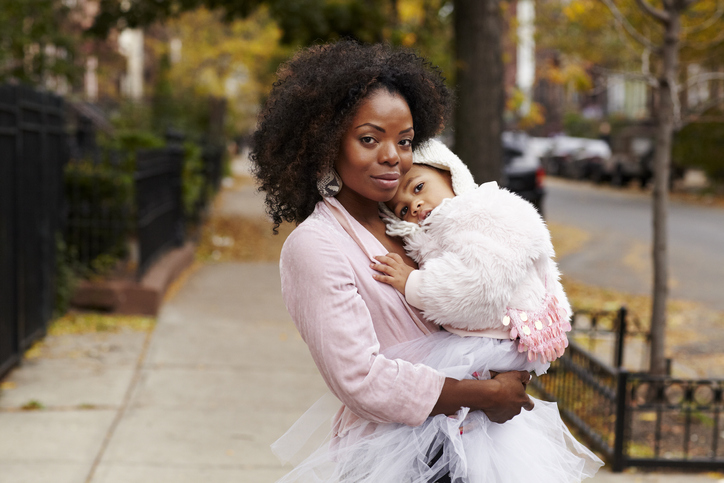
Source: Granger Wootz / Getty
You may be more sensitive
The fluctuating hormones experienced after childbirth have a tendency to wreak havoc on your emotions. This often means that you will be more sensitive and more easily offended.
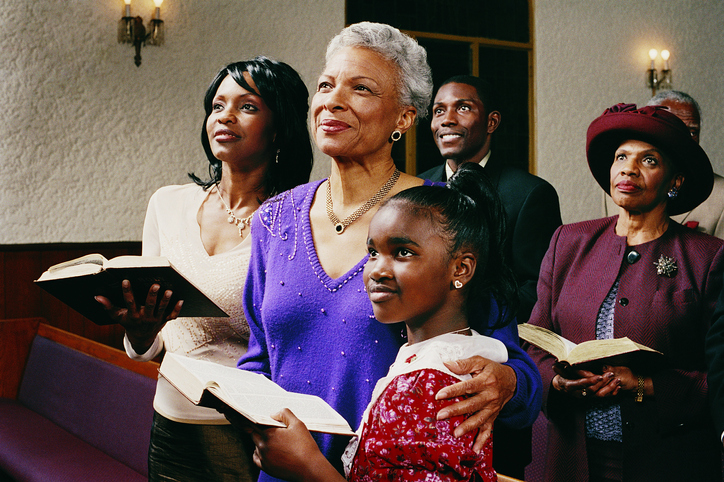
Source: Digital Vision. / Getty
The potential grandparent tug-of-war
Due to living arrangements, proximity, and other circumstances, both sets of grandparents don’t always have equal access to the baby. This can sometimes result in jealousy from one or both sets of grandparents and an eventual tug-of-war that leaves already-emotionally-exhausted new parents feeling exasperated.
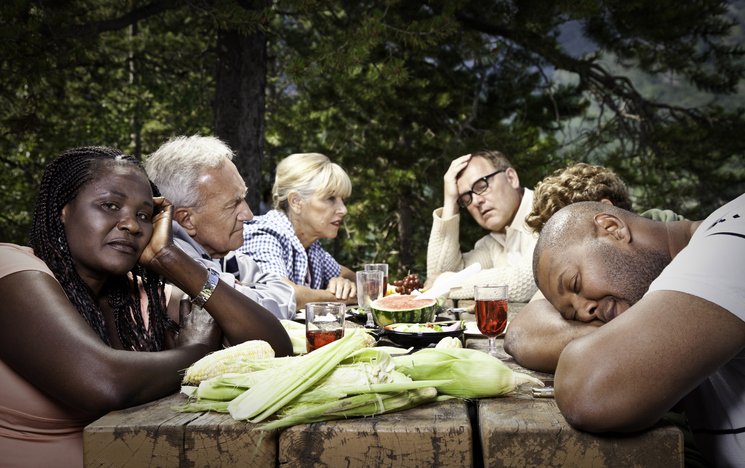
Source: CatLane / Getty
Family drama now feels like a drain on your resources
Before you had children, it wasn’t necessarily a big deal if your in-laws were constantly calling on your spouse to save the day. However, now that you’re parents, you need all hands (and coins) on deck. You tend to be a little less understanding when your partner is unable to focus on home because his folks are always calling on him to settle petty squabbles or borrow money.

Source: Ariel Skelley / Getty
You’re just different
Studies have shown that your brain undergoes some rewiring after you become a mother. In addition, your outlook on life and the world changes. You’re a completely different person after having a baby and you have to learn to navigate complex relationships, such as the ones you share with your partner’s family, as the new you.
Related Tags
in-law-

Meet Dominique Fils-Aimé, The Haitian-Canadian Star Redefining Jazz For A New Generation: ‘This is My Vision' [Exclusive]
-

Cooking With Purpose — How Brittney Williams Honors Her Caribbean Roots Through Food
-

9 Famous Lesbian Women Who Were Married To Men
-

Purpose Behind The Lens: How Nate Edwards Films The Extraordinary Inside The Everyday








